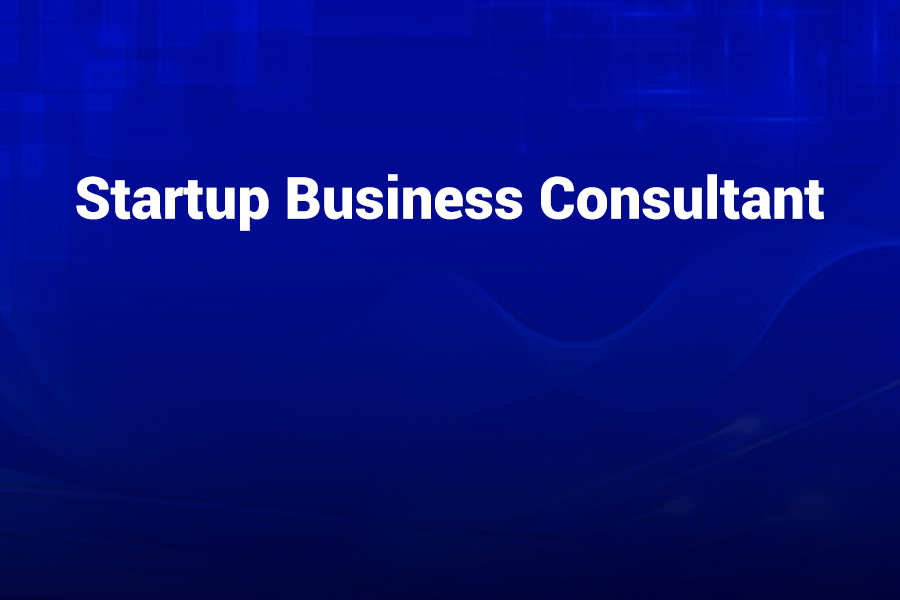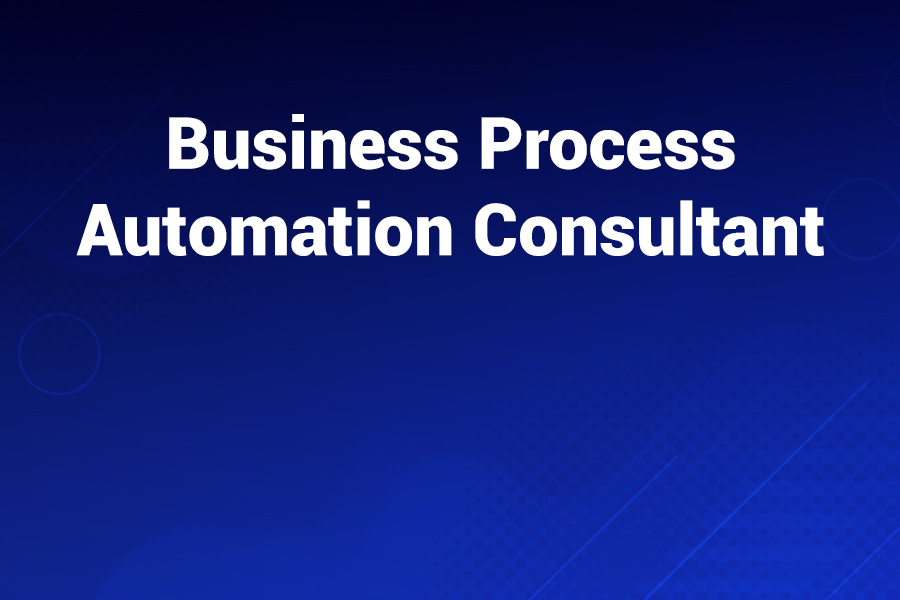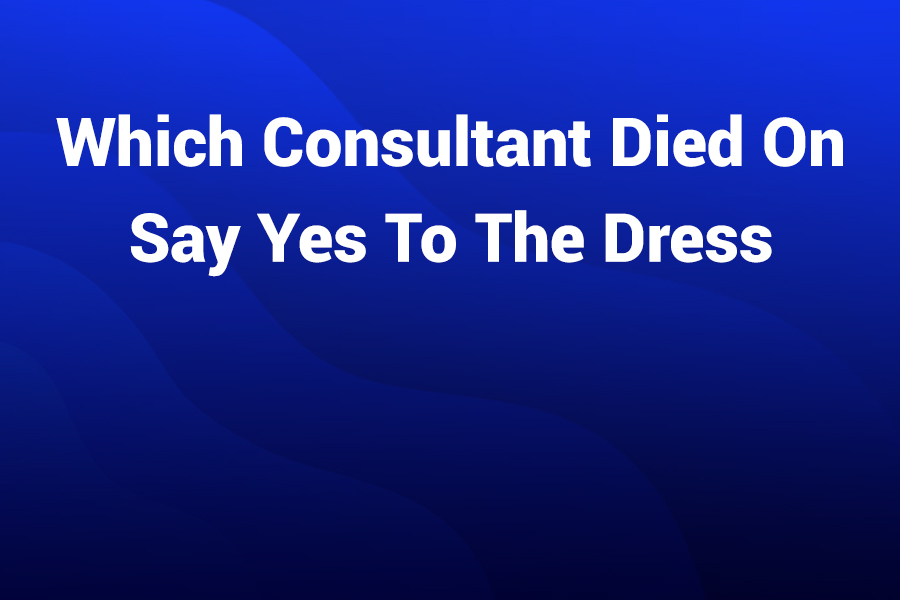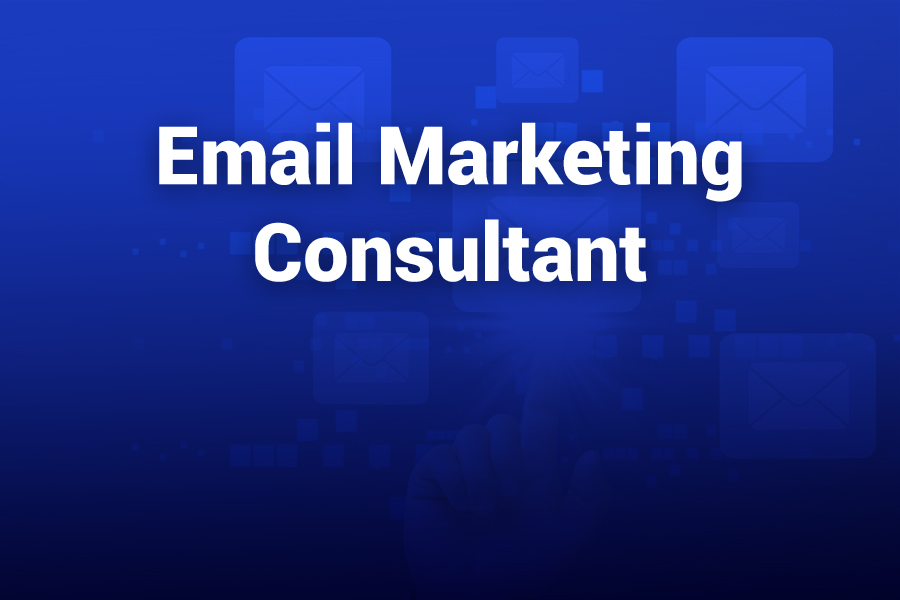- Home
- Services
- PedroVazPaulo Coaching
- PedroVazPaulo Marketing Consulting
- PedroVazPaulo Real Estate Investment Consulting
- PedroVazPaulo Operations Consulting
- PedroVazPaulo Entrepreneur Support
- Pedro Paulo Business Consultant
- PedroVazPaulo Executive Coaching
- PedroVazPaulo Business Consultant
- PedroVazPaulo Strategy Consulting
- PedroVazPaulo Wealth Investment Consulting
- Blog
- About
- Contact

Starting a business today means navigating a complex landscape filled with market shifts, funding pressure, and operational pitfalls. A capable startup business consultant becomes the difference between flying blind and racing ahead with confidence.
In this article you will learn what a startup business consultant does, why you need one, how to select the right one, what costs and benefits to expect, and how to make the most of the engagement.
What a Startup Business Consultant Actually Does
A startup business consultant is an experienced professional who partners with early-stage companies to provide strategic guidance, planning expertise, and operational support. Rather than simply offering generic advice, a good consultant dives into your business model, market dynamics, growth strategy, finances and team structure — then delivers actionable road-maps aimed at accelerating startup growth.
Recent surveys show nearly 40% of startups cite external consulting or mentoring as a key factor in avoiding early failure.
Typical consulting services include:
- Business model design and validation
- Market entry & competitor analysis
- Financial modelling and funding strategy
- Go-to-market planning and customer acquisition
- Operational setup and management systems
- Scaling strategy and growth planning
Why Hiring a Consultant Makes Sense
For founders juggling product development, market fit and fundraising, time is the scarcest resource. Bringing in a consultant means you tap into prior-founder experience and proven frameworks rather than reinventing the wheel. Core reasons to hire:
- Access to expertise: Consultants bring specific startup experience in your industry, giving you short-cuts to avoid known pitfalls.
- Accelerated growth: With focused help on business strategy and go-to-market, you can compress what would normally take 12-18 months into a shorter timeframe.
- Better decisions: Through structured analysis (financials, market size, funding model) you make fewer mistakes and improve your odds.
- Reduced risk: Early mistakes cost money and momentum. A consultant helps you identify risks before they derail you.
On the flip side, not all consulting engagements deliver value. Some consultants merely provide reports without hands-on support, or apply generic solutions that don’t fit your specific startup context. You must ensure alignment, commitment and execution.
When Do You Really Need a Startup Consultant?
Not every founder needs one immediately. Here are signals that you should engage a consultant:
- You have a valid idea, MVP or prototype but struggle to convert it into a scalable business model.
- You’re seeking external funding (seed, Series A) and need pitch decks, financials and investor readiness.
- Your customer acquisition cost is high or growth has stalled.
- You’re planning to scale operations (hire team, automate functions, expand markets) and need systems and structure.
- You’re entering unfamiliar markets or launching a new product category.
If you’re still validating the idea and simply experimenting in your garage, you might hold off — but once you’re serious about growth, the right consultant can be a powerful co-pilot.
How to Choose the Right Startup Business Consultant
Selecting the right consultant involves more than picking the lowest price. Here are five critical criteria:
- Track record – Ask for case studies of other startups they helped. Did they achieve funding, significant growth or exits?
- Domain familiarity – If your startup is SaaS, e-commerce, biotech or hardware, pick someone with relevant experience in that vertical.
- Hands-on-vs-advisory – Some consultants only deliver strategy; others embed themselves into operations. Decide the level of involvement you need.
- Deliverables & metrics – Agree clear deliverables (e.g., business plan, financial model, marketing strategy) and KPIs for success.
- Cultural fit – A consultant must communicate clearly and collaborate actively with your founding team; a mismatch here can sabotage results.
When interviewing candidates, ask pointed questions: How did you help a startup achieve X? What risks did you flag early? How do you handle execution phases? What happens if things change mid-engagement?
Typical Services and What You Pay For
A highly skilled startup consultant offers a range of services, backed by structured workflows:
- Business plan & investor deck development
- Market research & competitive positioning
- Financial modelling (3-5 year projections, burn rate, runway)
- Go-to-market strategy, customer segmentation, pricing
- Operational design: team roles, process workflows, metrics dashboards
- Fundraising support: target investors, pitch coaching, term sheet analysis
In terms of cost in the U.S., typical engagements for early-stage startups start in the $5,000-$20,000 range for a defined scope. For deep engagements (end-to-end launch or scale-up) costs may escalate to $50,000+ with retainers or performance bonuses. You get value when deliverables translate into real milestones: funding secured, customer growth, revenue milestones hit.
Key Metrics to Track During the Engagement
To ensure you’re getting return on your investment, track meaningful metrics from day one:
- Customer acquisition cost (CAC) and lifetime value (LTV)
- Monthly recurring revenue (MRR) or revenue growth rate
- Burn rate and runway in months
- Customer churn rate (for subscription models)
- Time to market for new features or products
- Number of investor meetings, term sheets received and investor commitments
The consultant should help you set baseline numbers and realistic targets within 90-180 days.
What Most Startups Get Wrong (and How a Consultant Fixes It)
Many early-stage companies stumble because they:
- Scale too fast without market validation
- Build complex features before achieving product-market fit
- Use funding as a license to spend rather than to validate
- Hire too many people too early, increasing burn and complexity
A seasoned consultant forces you to focus on fundamentals first: achieve product-market fit, validate assumptions with data, build a repeatable acquisition engine, then scale carefully. They bring discipline to what can otherwise be chaotic growth.
How to Make the Engagement a Success
Once you hire your consultant, treat the engagement as a high-stakes partnership:
- Set clear scope, timeline and budget from the start
- Share data and goals openly with the consultant
- Have weekly check-ins and progress reports
- Be willing to act quickly on recommendations
- Take ownership of execution — consultant advises, you still do the heavy lifting
- Build transition planning so you’re not consultant-dependent after the project ends
A successful engagement ends with your team empowered, a growth roadmap in place, and measurable outcomes achieved.
When to Wrap Up or Pivot
An engagement doesn’t have to last indefinitely. You might wrap up or re-negotiate when:
- The agreed milestones are achieved (e.g., funding closed, revenue target hit)
- The consultant’s role becomes less strategic and more operational — at which point you may shift to internal execution
- Results are not improving despite following the plan — then you may need to pause and reevaluate strategy
Make sure your contract has clear termination, renewal or extension clauses so you’re not locked into low ROI engagements.
Recent Trends Impacting Startup Consulting
A few evolving trends are shaping the consulting space:
- AI-Powered consulting models: Smaller boutique firms leverage AI tools to deliver strategy faster and at lower cost.
- Subscription consulting: Rather than large one-time fees, some consultants now work on a monthly retainer with performance incentives.
- Niche specialization: Consultants are focusing on verticals (e.g., health-tech, climate-tech, SaaS) rather than broad generalists — leading to deeper industry insight.
- Remote and fractional consulting: Founders increasingly engage consultants remotely or part-time (fractional), reducing cost and adding flexibility.
By staying ahead of these trends, your startup can tap into modern consulting models and avoid outdated, expensive generalist approaches.
Final Thoughts
Bringing a startup business consultant on board can turbo-charge your journey from idea to scalable venture. The key is to pick someone with startup chops, align on deliverables and metrics, engage deeply with the process, and execute with accountability.
With the right consultant by your side you’ll make smarter decisions, reduce risk, speed up growth, and set your startup up for long-term success.





